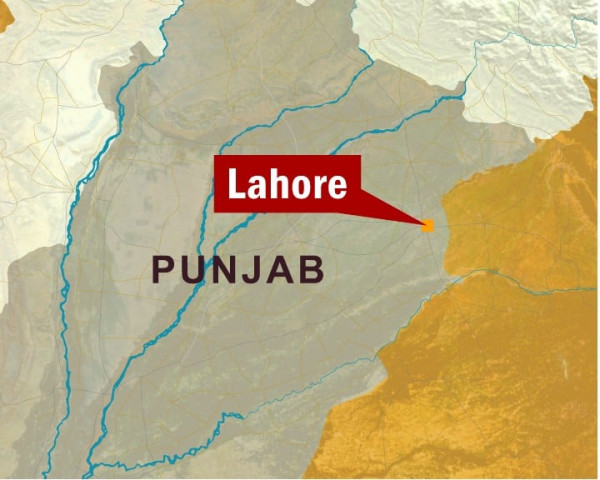Policeman named to head prosecution
Rules disallow regular appointment of other than DMG, PCS officers.

A serving police official has been appointed as public prosecution department secretary in violation of the Civil Service Rules of 1974.
Muhammad Amlish, a deputy inspector general in BS-20, took charge of the office of the PPD secretary in the last week of May.
Under the Civil Service Rules of 1974, a district management group (DMG) or a provincial management group (PCS) officer can be posted as the PPD secretary. The government can also appoint a lawyer or any other person familiar with laws to the office on contract basis. However, a Police Service of Pakistan (PSP) officer cannot be appointed as the PPD secretary.
A senior Services and General Administration Department (S&GAD) official speaking on condition of anonymity said the appointment was made after approval of the chief minister. He refused to comment on violation of the civil service rules.
Mohyuddin Wani, a provincial government spokesman, said government would re-examine Amlish’s appointment as PPD secretary. He said it would be ensured that all rules and regulations were followed in transfers and postings of officers.
A PPD official said it appeared the posting of a police officer as the secretary was meant to ensure speedy completion of prosecution of under-trial criminals. He said police would now be in charge of investigation as well as prosecution.
Other government officials, however, rejected the suggestion. They said that under Section 10 of the Criminal Prosecution Act of 2006, the PPD secretary could request the court to withdraw charges against any accused and prevent his prosecution.
They said the government was likely to appoint Rana Maqbool Ahmed as advisor to the PPD secretary because he had served as the PPD secretary for more than six months on contract basis and was familiar with the department’s working.
An independent public prosecution department was established by the provincial government in October 2005 under the Access to Justice Programme (AJP) funded by the Asian Development Bank.
Published in The Express Tribune, June 4th, 2011.



















COMMENTS
Comments are moderated and generally will be posted if they are on-topic and not abusive.
For more information, please see our Comments FAQ